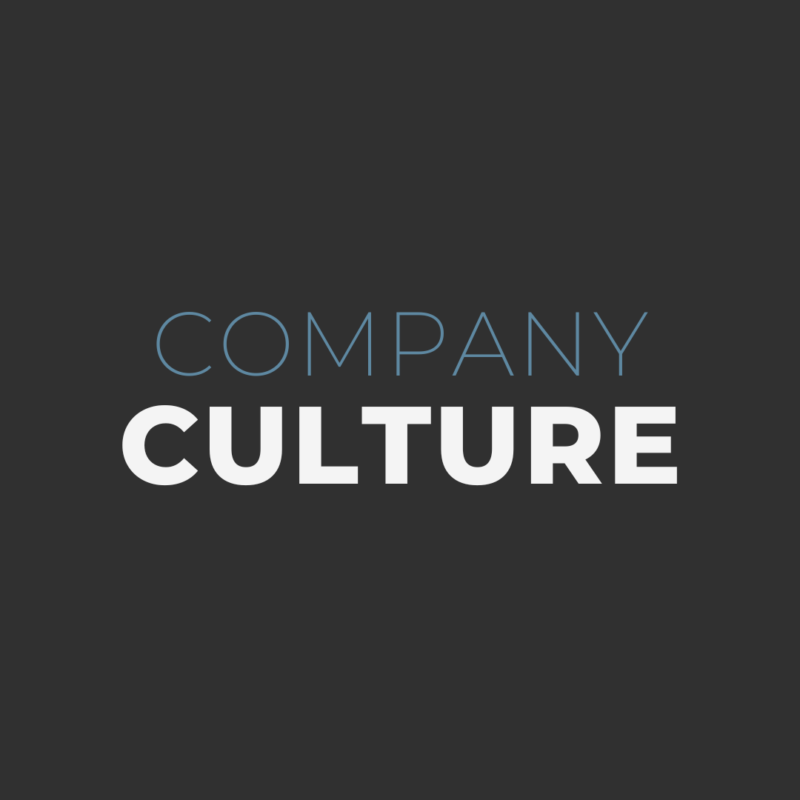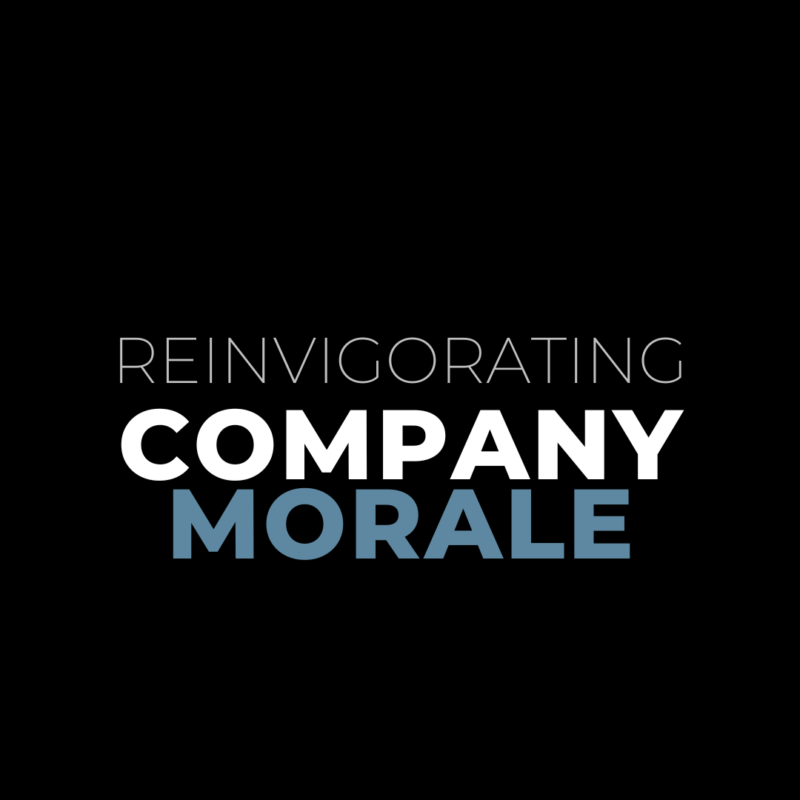Is public relations work taking over your life? Follow the Gen Z lead.
I’ve reached an age where I refer to emerging professionals as “young folks.” I’m not quite on the cusp of the millennial and Gen Z divide, but even a few years of separation between me and the people bringing back butterfly clips feels like a chasm. Just this weekend, I had to consult a sales associate at my favorite denim store as I stepped into a trendy pair of jeans. “I’m a mom who’s closer to 30 than 25. Do these make me look like a YouTuber?”
For nearly a decade, people mocked millennials and our ideas as we entered the workforce. Conditions weren’t in our favor. Many millennials made their first career move on the heels of the worst economic recession since the Great Depression. If you were lucky to land an internship, you surely weren’t going to try and negotiate salary (if you got one) or lead the charge on workplace reform. We had ideas and tried new things, but they were mostly ignored. Thus millennials assimilated into the “rise and grind culture” of the American workforce.
But times and economic conditions have changed, and so has the generation of the emerging professional. Generation Z is storming onto the scene, and they’ve got demands. In their sights ‒ mental health and the workplace.
Some of their points about the harms of rising and grinding are resonating. Older professionals who are in the waning stages of their professional careers are listening to their calls for personal and professional boundaries, realizing they missed too many “Donuts with Dad” opportunities that they can’t get back. Cue “Cat’s in the Cradle.”
There is a larger reset happening as companies are struggling to fill high-demand job roles. To attract fresh talent, companies are adjusting their policies to ensure employees are seen as professionals and people simultaneously. This shift is easier for some industries than others. Stock markets close at the end of the day. When that happens, most trading is done. When the restaurant sign flips to closed, there aren’t any more customers to serve. In those industries, creating balance and providing space for people to truly be off is an easier task.
But in public relations, it isn’t quite that simple. Serving clients well requires regular office hours, while engaging with customers on social media requires active monitoring on nights and weekends. Events geared toward the public rarely take place during a practitioner’s 9-to-5. And we all know that a crisis will most likely strike at 8 p.m. on a Friday. How do public relations professionals channel the rise and grind when we’re more likely to feel ground to a pulp?
Thankfully, that has always been something Obsidian does well, and we continue to refine our policies to fit with the times. Because here’s the truth: If you’re feeling burned out, you’re not going to produce your best work. So, if your firm or company doesn’t have policies or practices in place to help you reinvest in yourself, we have a few recommendations to send up the channel. With Gen Z bringing new ideas to the table, your management might be more receptive than you think!
Get clear expectations for your off time.
If you find yourself working by candlelight most nights of the week, it’s time to talk with your supervisor about expectations and your deliverables. You might be working on projects that can be adjusted or putting yourself on a timeline that can be shifted. There are things that can’t be put off – like monitoring the social media messages that are bound to pile up in the evening hours when folks are most active. But there could be a process to help you recoup time during traditional working hours, or you might be able to rotate who’s responsible for monitoring on the evenings and weekends with one of your colleagues. Any of these shifts could help you take back time to refill your cup.
Define what is urgent and what can wait.
We all put deadlines on ourselves, and sometimes those deadlines can make the walls feel like they’re closing in. When that happens, talk with your supervisor about what is truly urgent and what can wait. Crisis work can easily demand after-hours attention, but finishing the copy for a trifold brochure might be able to wait until tomorrow. In all likelihood, its development won’t save any babies, cure cancer or lead to world peace in the short-term.
Communicate with clients.
If you have autonomy over your workload and deadlines, it’s wise to set expectations with clients. An email that comes in with a request at 4:55 p.m. (barring it’s not about an office fire or urgent media question) can often be met with a polite, “Thank you for sending this my way. I’ve added it to our docket and will get back with you tomorrow morning about timing.” If you’re like me, you might have a nagging feeling in the back of your mind that this is going to make them mad or even disappoint them. But, I learned a valuable lesson one time when I responded to a such a request from a client, saying I would work on their request during the evening. She kindly answered me back and said, “Please don’t. We all need time with our families. This can wait until the morning.” Clients are people, too! And if you set boundaries for your off time, they’re more likely to respect them.


